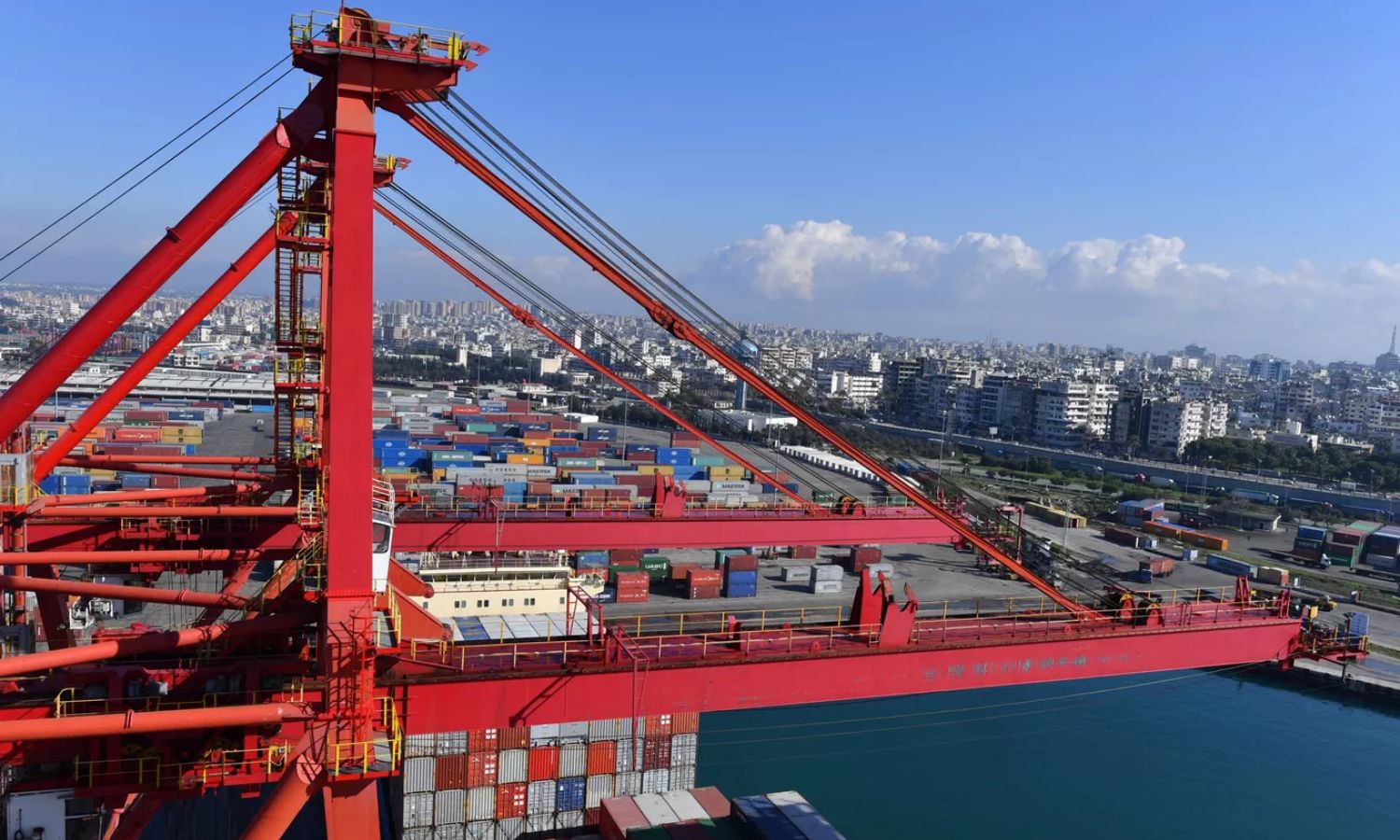
Syria’s Main Imported Goods
Syria, located in the Middle East, has faced significant economic challenges due to years of conflict, international sanctions, and limited industrial output. These factors have greatly influenced its trade dynamics, particularly its imports. The country relies heavily on imports to meet its domestic needs, as local production has been disrupted. Below is an overview of Syria’s main imported goods, which reflect its essential requirements for survival, reconstruction, and limited economic activity.
1. Food and Agricultural Products
Syria imports large quantities of food and agricultural products to meet the needs of its population. Key imports in this category include:
Wheat: A staple crop that Syria once produced in abundance, wheat imports have become crucial due to damaged agricultural infrastructure.
Rice and Sugar: These are widely consumed in the country and are imported to compensate for limited domestic production.
Cooking Oil: With local production disrupted, Syria relies on imports of vegetable oils, including sunflower and palm oil.
2. Fuels and Energy Products
Energy imports form a substantial portion of Syria’s import bill. These include:
Petroleum Products: Gasoline, diesel, and liquefied petroleum gas (LPG) are essential for transportation, power generation, and household energy needs.
Natural Gas: Some imports supplement Syria’s declining domestic gas production to power industries and electricity grids.
3. Machinery and Equipment
Syria’s reconstruction efforts require significant imports of machinery and equipment. This includes:
Construction Machinery: Bulldozers, cranes, and excavators are vital for rebuilding infrastructure damaged by conflict.
Industrial Equipment: Imports include tools and machines for factories, particularly in textiles and food processing.
Medical Equipment: Hospitals and healthcare facilities require imported diagnostic devices, surgical tools, and supplies.
4. Pharmaceuticals and Medical Supplies
The healthcare sector in Syria has been severely affected by the ongoing crisis, making it reliant on imported medical products. Key imports include:
Medicines: A wide range of drugs, including antibiotics, vaccines, and painkillers.
Medical Supplies: Bandages, syringes, and personal protective equipment (PPE) are crucial for healthcare workers.
5. Vehicles and Transportation Equipment
Syria imports vehicles and spare parts to support transportation needs. These include:
Passenger Vehicles: Used cars are commonly imported to meet domestic demand.
Commercial Trucks: Essential for logistics and distribution of goods.
Spare Parts: Necessary to maintain and repair the existing vehicle fleet.
6. Consumer Goods
Due to limited local production, Syria imports various consumer goods, such as:
Clothing and Textiles: To meet the needs of the population.
Household Appliances: Basic items like refrigerators, washing machines, and cooking stoves.
7. Chemicals and Raw Materials
Syria’s industrial sector depends on imported chemicals and raw materials for manufacturing:
Fertilizers and Pesticides: Essential for agriculture.
Industrial Chemicals: Used in textiles, construction, and other sectors.
Trade Partners and Challenges
Syria’s main import partners include Russia, China, Iran, and Turkey, although trade routes and agreements can shift due to geopolitical factors. International sanctions pose significant challenges, making it difficult for Syria to access certain goods and financial systems.
Conclusion
Syria’s main imports reflect the country’s ongoing struggles to recover from years of conflict. Food, energy, machinery, medical supplies, and consumer goods dominate its import list. While these imports are essential for daily life and rebuilding efforts, they also underscore Syria’s dependence on foreign goods, a situation exacerbated by limited local production and international sanctions. Addressing these issues will require sustained investment, international cooperation, and economic reforms.





Leave a Reply